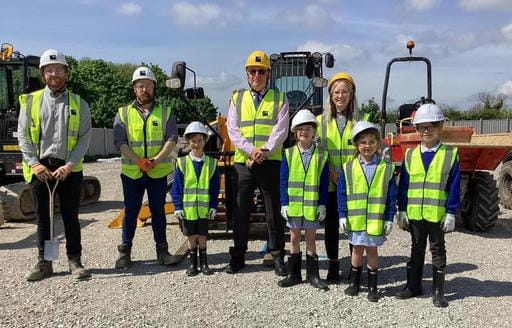Collaboration and education - a pathway for public sector decarbonisation

For the discussion, ISG brought together some of the key influencers responsible for driving the public sector’s approach to capital investment, upgrade and modernisation of public property assets.
ISG’s head of sustainability, Ross Wood, and strategic advisor for education, Jane O’Leary, were joined by Stephen Vere, programme director – net zero for Scottish Futures Trust; Robert Bates, director of estates and facilities at Coleg Gwent; Milly Kiely-Horn, City Hall relocation programme director for the Greater London Authority; Faye Burnett, associate director at Mace; and James Foley, commercial director for Alliance Leisure.
Ross Wood, kicked off the debate underscoring the regional differences in carbon emissions and energy consumption of our property assets revealed by ISG’s Sustainable Buildings Monitor research.
“There’s much work to be done on establishing consistent standards for the collection and measurement of data on consumption and emissions, but the real impetus, heightened by the urgency of global consensus from COP26, is the need to tackle this issue quicker than we have been doing, and collaboration to establish the right response has never been more important.”
Ross Wood, Head of Sustainability, ISG
During the session, there was clear consensus that the public sector can, and should take the lead to set targets to ensure the approach towards net zero is properly regulated and that data and knowledge is openly shared.
But these goals will not be achieved without private sector investment and innovation. The roadmap must be developed through partnerships and the scalability of the approach can only be achieved at the speed necessary to hit our commitments through collaboration.
Another point championed by all contributors, was that education is also integral to how we shift the dial. Carbon literacy will be key to unlocking investment and potential in line with the construction playbook’s focus on a wider definition of value, not cost.
Getting this formula correct provides the pathway to regenerate and enhance our public estate across the UK, but viewed at a wider scale, to make the step change needed to ensure a positive future for our people, communities and planet.
You can read the full write up here.


